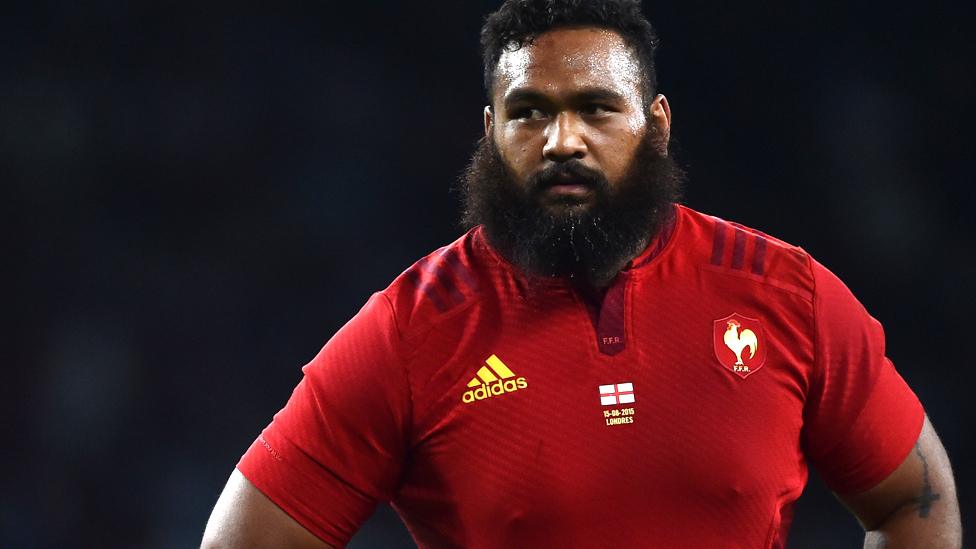Rugby's injury rate 'not viable' says sports surgeon
- Published

Prof John Fairclough wants to see an independent review of injuries in rugby
The number of injuries in professional rugby cannot continue at its current rate and an independent review is needed, a sports surgeon has said.
John Fairclough, honorary consultant at University Hospital of Wales, said the injury rate was "not viable".
A series of high-profile players have been seriously hurt before and during the world cup.
"You're taking a human body at speed and stopping it with another human body," said Prof Fairclough.
Wales' casualty list has almost hit double digits, while Ireland lost Paul O'Connell and Peter O'Mahony in their pool win over France on Sunday.
By the end of the Rugby World Cup pool stage, 22 players had been ruled out of the tournament, compared to 19 at the same stage in 2011 and 37 in 2007.
A World Rugby spokesman said: "Injury rates at the elite level of the game have not increased since 2002.
"It is too early to make comparisons [between 2015 and other World Cups] as it is usual to see fluctuations during an event, but injuries do not appear to be out of step with the norm.
Prof Fairclough, who previously served on the medical advisory committee for the Welsh Rugby Union, said: "Now you're seeing backs and centres who, in days gone by, would be flankers or certainly forwards.
"Although we've got bigger, we've got tougher, we've got stronger, the muscles and ligaments and nerves have not changed in their ability to withstand injury."
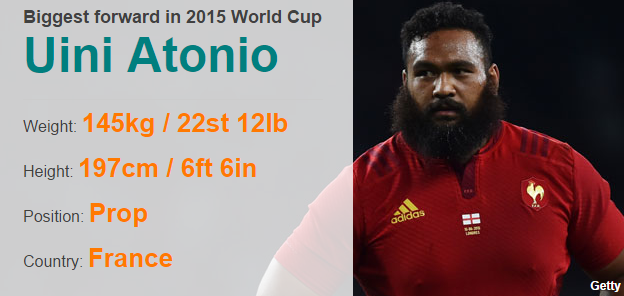
As well as concussions, Prof Fairclough said joint and ligament injuries can have serious long-term consequences.
"You've got head injuries, injuries to the knee and shoulder which will affect the ability of an individual to earn a living outside rugby.
"You only have to look at the number of serious injuries which means we have a duty of care to look after players long term."
Other aspects of the game which Prof Fairclough said affects the injury rate is the protection worn and style of play.
He said protective clothing, such as shoulder pads, give players "a feeling of invincibility" and players are committed to the ruck with the express intention of "taking people out".
"That means physically you're trying to use your body to disable somebody else's body," he added.
"The sidestep has almost become an irrelevance because you're running at and through people. Shoulder pads mean the body is being used as a weapon.
"The only way to reduce injuries is to reduce violent collisions. We need a formal independent review of the game that we all love to make sure we look at keeping our game as safe as possible.
"I feel the game has become a game of freaks. Club rugby in Wales... was a game for everyone, now it's just a game where you have to be strong, fit and fast."
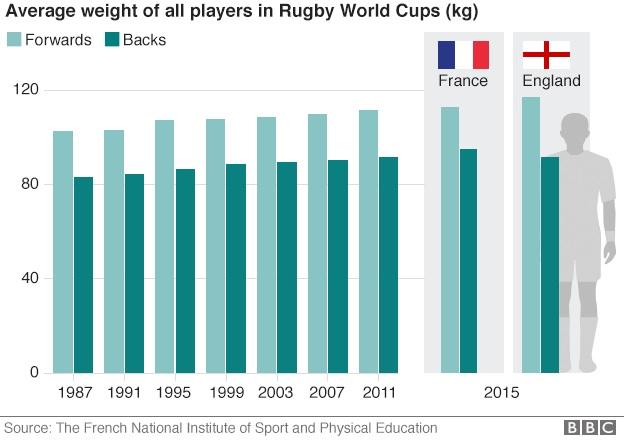
- Attribution
- Published12 October 2015
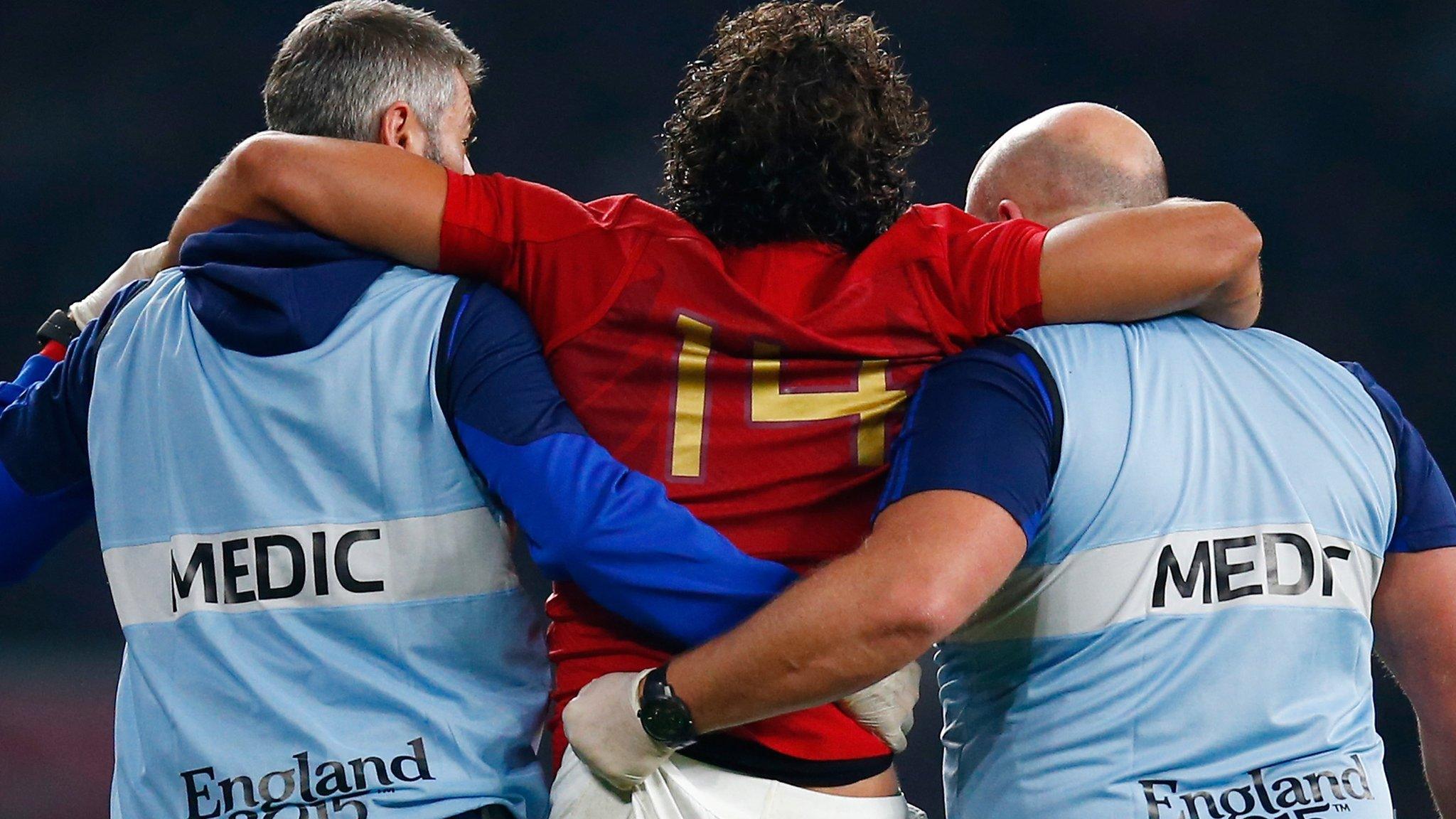
- Attribution
- Published19 October 2015
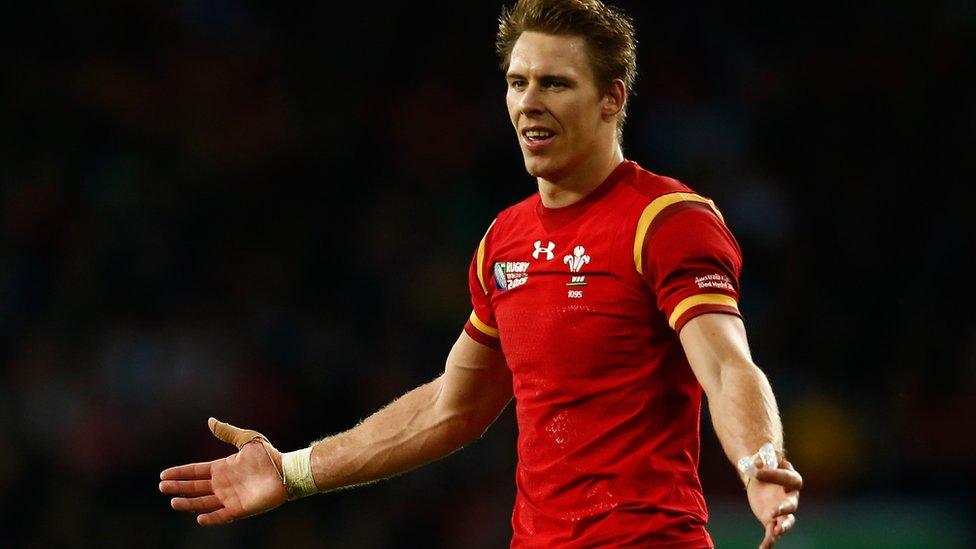
- Published19 September 2015
